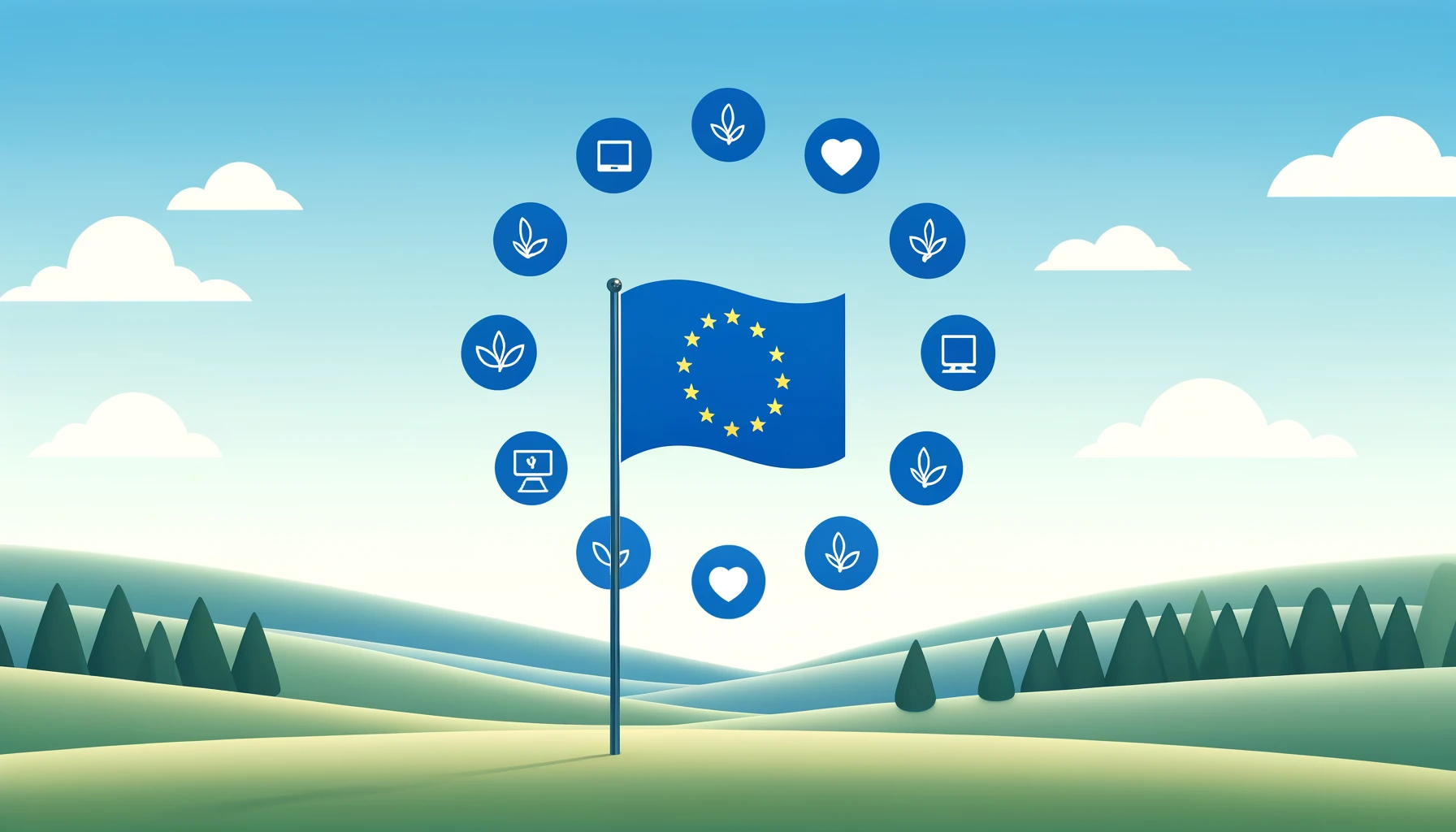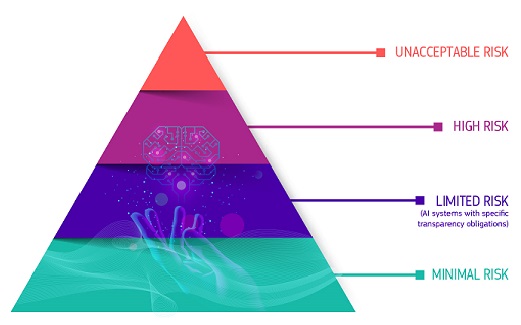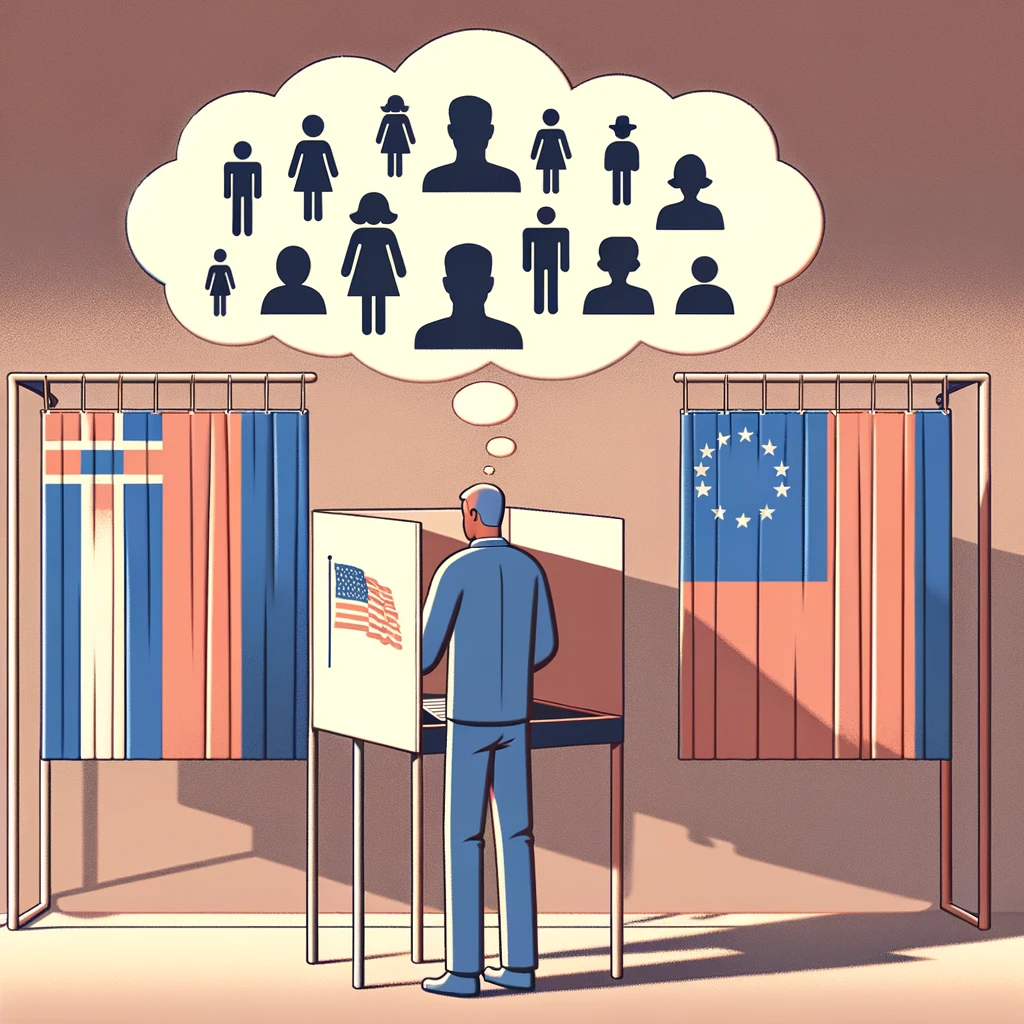Lately, it seems every news story, every advertisement, and every talk show is exclusively concerned about Covid-19. Meanwhile, migration to Europe – the subject once in the media spotlight and the driver behind major decisions such as Brexit – has been left out of the news for months. Such a trend begs the question – to what extent was Europe’s immigration ‘crisis’ really a crisis?
The Agenda-Setting Theory by McCombs and Shaw states that when the news gives particular importance to a topic, the public will perceive it as the most important. The news, in turn, will reflect what people want to read. Thus, when seemingly every news story was directed at immigration, people felt there was a crisis. Now that Covid-19 has taken over the news cycle, many Europeans have forgotten about immigration.

Despite the lack of coverage, asylum seekers continue to come to Europe. However, as an increasing number of NGOs donate their supplies and doctors to European hospitals, asylum seekers are left without rescue boats and support. Additionally, border closures have complicated their journey, as well as the spread of Covid-19 in their crowded camps. With the media focused on the impacts of Covid-19 on European citizens, its effects on asylum seekers go unnoticed. The lack of media attention is certainly not due to the absence of stories, but rather that people are more concerned with Covid-19 itself.
However, this has certainly not stopped some actors from attempting to keep refugees in the spotlight. Even though ICE has halted most arrests during Covid-19 and there has been a record drop in immigration to the US this month, Trump has continued to push the focus of the news cycle to immigration. With Trump’s approval ratings dipping on account of his response to Covid-19, he hopes that emphasizing immigration like he did during his 2016 candidacy will help him get reelected in 2020. Once again, immigration is being used as a scapegoat for more pressing economic and social concerns.

It is not just the US that has sought to blame immigrants for the virus – European far-right political parties have attempted to do the same. However, this argument failed to gain traction in Europe, in part due to the continent itself becoming a Covid-19 hotspot and in part due to the far-right’s shared emphasis on criticizing the EU.
In conclusion, despite continued immigration, the news and the public attention have moved on to Covid-19, leaving far-right political parties in the US and Europe scrambling to bring it back into the spotlight. Such a trend not only should make us question the extent to which the migration ‘crisis’ was really a crisis, it should also make us question the degree to which we allow the news cycle to determine our most pressing fears.
Note: This article is also posted on our Building Trust campaign website as part of a series of articles on immigration, building trust and media literacy.
Lately, it seems every news story, every advertisement, and every talk show is exclusively concerned about Covid-19. Meanwhile, migration to Europe – the subject once in the media spotlight and the driver behind major decisions such as Brexit – has been left out of the news for months. Such a trend begs the question – to what extent was Europe’s immigration ‘crisis’ really a crisis?
The Agenda-Setting Theory by McCombs and Shaw states that when the news gives particular importance to a topic, the public will perceive it as the most important. The news, in turn, will reflect what people want to read. Thus, when seemingly every news story was directed at immigration, people felt there was a crisis. Now that Covid-19 has taken over the news cycle, many Europeans have forgotten about immigration.

Despite the lack of coverage, asylum seekers continue to come to Europe. However, as an increasing number of NGOs donate their supplies and doctors to European hospitals, asylum seekers are left without rescue boats and support. Additionally, border closures have complicated their journey, as well as the spread of Covid-19 in their crowded camps. With the media focused on the impacts of Covid-19 on European citizens, its effects on asylum seekers go unnoticed. The lack of media attention is certainly not due to the absence of stories, but rather that people are more concerned with Covid-19 itself.
However, this has certainly not stopped some actors from attempting to keep refugees in the spotlight. Even though ICE has halted most arrests during Covid-19 and there has been a record drop in immigration to the US this month, Trump has continued to push the focus of the news cycle to immigration. With Trump’s approval ratings dipping on account of his response to Covid-19, he hopes that emphasizing immigration like he did during his 2016 candidacy will help him get reelected in 2020. Once again, immigration is being used as a scapegoat for more pressing economic and social concerns.

It is not just the US that has sought to blame immigrants for the virus – European far-right political parties have attempted to do the same. However, this argument failed to gain traction in Europe, in part due to the continent itself becoming a Covid-19 hotspot and in part due to the far-right’s shared emphasis on criticizing the EU.
In conclusion, despite continued immigration, the news and the public attention have moved on to Covid-19, leaving far-right political parties in the US and Europe scrambling to bring it back into the spotlight. Such a trend not only should make us question the extent to which the migration ‘crisis’ was really a crisis, it should also make us question the degree to which we allow the news cycle to determine our most pressing fears.
Note: This article is also posted on our Building Trust campaign website as part of a series of articles on immigration, building trust and media literacy.
Lately, it seems every news story, every advertisement, and every talk show is exclusively concerned about Covid-19. Meanwhile, migration to Europe – the subject once in the media spotlight and the driver behind major decisions such as Brexit – has been left out of the news for months. Such a trend begs the question – to what extent was Europe’s immigration ‘crisis’ really a crisis?
The Agenda-Setting Theory by McCombs and Shaw states that when the news gives particular importance to a topic, the public will perceive it as the most important. The news, in turn, will reflect what people want to read. Thus, when seemingly every news story was directed at immigration, people felt there was a crisis. Now that Covid-19 has taken over the news cycle, many Europeans have forgotten about immigration.

Despite the lack of coverage, asylum seekers continue to come to Europe. However, as an increasing number of NGOs donate their supplies and doctors to European hospitals, asylum seekers are left without rescue boats and support. Additionally, border closures have complicated their journey, as well as the spread of Covid-19 in their crowded camps. With the media focused on the impacts of Covid-19 on European citizens, its effects on asylum seekers go unnoticed. The lack of media attention is certainly not due to the absence of stories, but rather that people are more concerned with Covid-19 itself.
However, this has certainly not stopped some actors from attempting to keep refugees in the spotlight. Even though ICE has halted most arrests during Covid-19 and there has been a record drop in immigration to the US this month, Trump has continued to push the focus of the news cycle to immigration. With Trump’s approval ratings dipping on account of his response to Covid-19, he hopes that emphasizing immigration like he did during his 2016 candidacy will help him get reelected in 2020. Once again, immigration is being used as a scapegoat for more pressing economic and social concerns.

It is not just the US that has sought to blame immigrants for the virus – European far-right political parties have attempted to do the same. However, this argument failed to gain traction in Europe, in part due to the continent itself becoming a Covid-19 hotspot and in part due to the far-right’s shared emphasis on criticizing the EU.
In conclusion, despite continued immigration, the news and the public attention have moved on to Covid-19, leaving far-right political parties in the US and Europe scrambling to bring it back into the spotlight. Such a trend not only should make us question the extent to which the migration ‘crisis’ was really a crisis, it should also make us question the degree to which we allow the news cycle to determine our most pressing fears.
Note: This article is also posted on our Building Trust campaign website as part of a series of articles on immigration, building trust and media literacy.






















































































































































